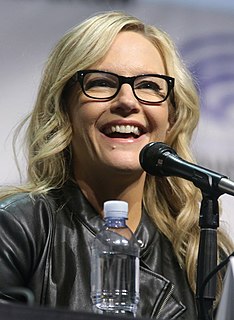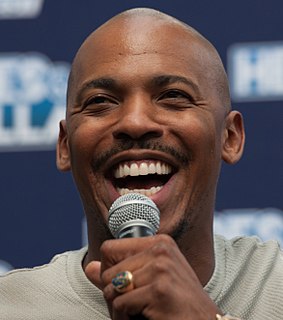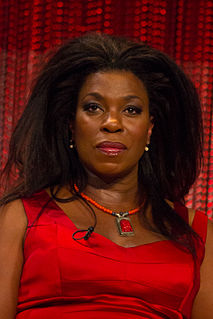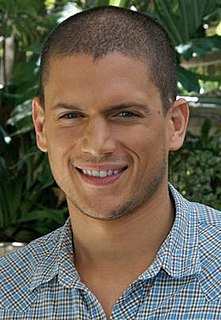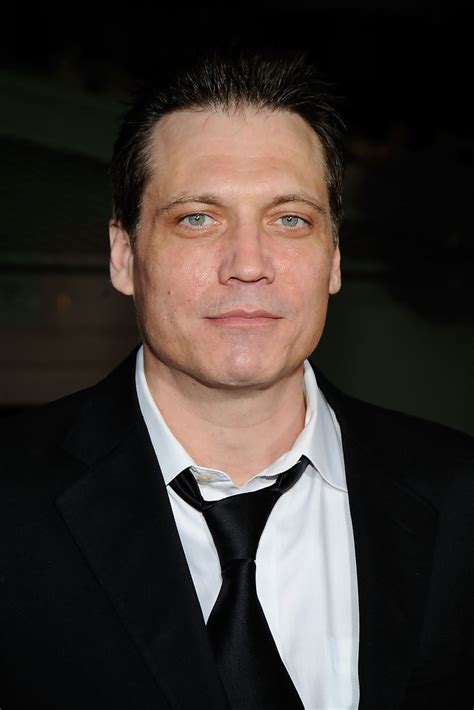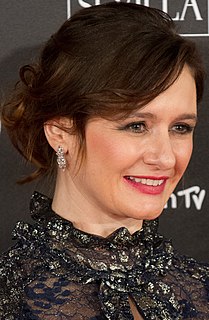A Quote by Rachael Harris
In my early 20s, I didn't even know what the Groundlings was. I had no idea. But I know how to break down a script and work on the character.
Related Quotes
If you had asked me, did I have everything nailed down and wired about what I wanted to do, and was I following some real plan? No. In fact, by the time I was in my mid-20s or even late-20s, and I was still in the law firm, I really was starting to get a little nervous that I didn't know what I was going to do.
The trouble with the jokes is that once they're written, I know how they're supposed to work, and all I can do is not hit them. I'm more comfortable improvising. If I have just two or three ideas and I know how the character feels, what the character wants, everything in between is like trapeze work.
It's a hard thing to do, to be given a script, and know that you've got to turn up on the first day of the shoot - generally without having had any rehearsal - and present a character. It's really baffling; it's incredibly hard to know how to begin, to approach it, other than just thinking about it.
I'd been taught from an early age that I was in the other category on the standardized tests. You know, I had to go down the checklist - Caucasian, African-American, Latino, Asian-Pacific Islander, and then, you know, at the bottom is other. So, you know, very early on I was taught, in a way, that I was somehow this anomaly.
I'd been taught from an early age that I was in the 'other' category on the standardized tests. You know, I had to go down the checklist - Caucasian, African-American, Latino, Asian-Pacific Islander, and then, you know, at the bottom is other. So, you know, very early on I was taught, in a way, that I was somehow this anomaly.
